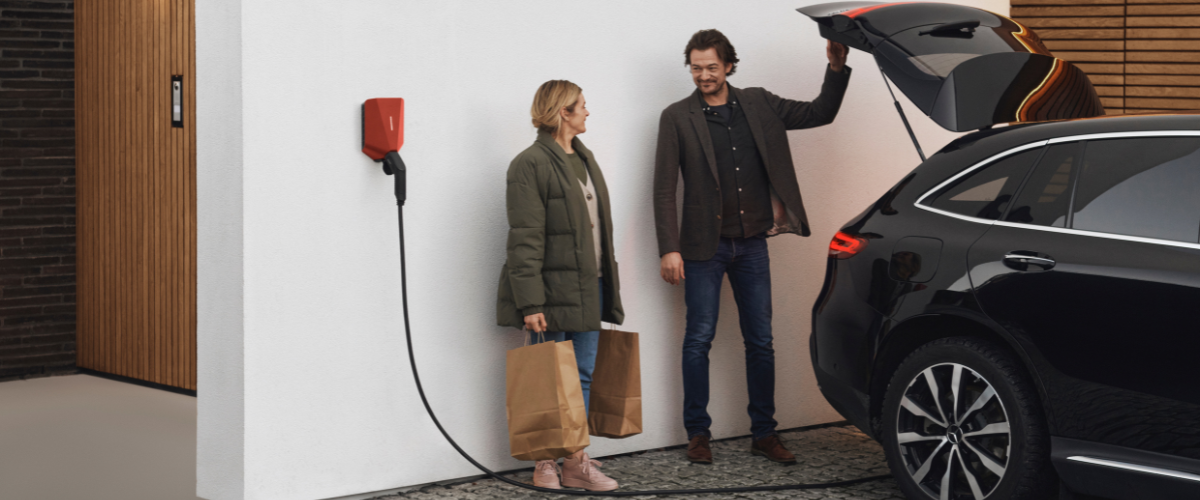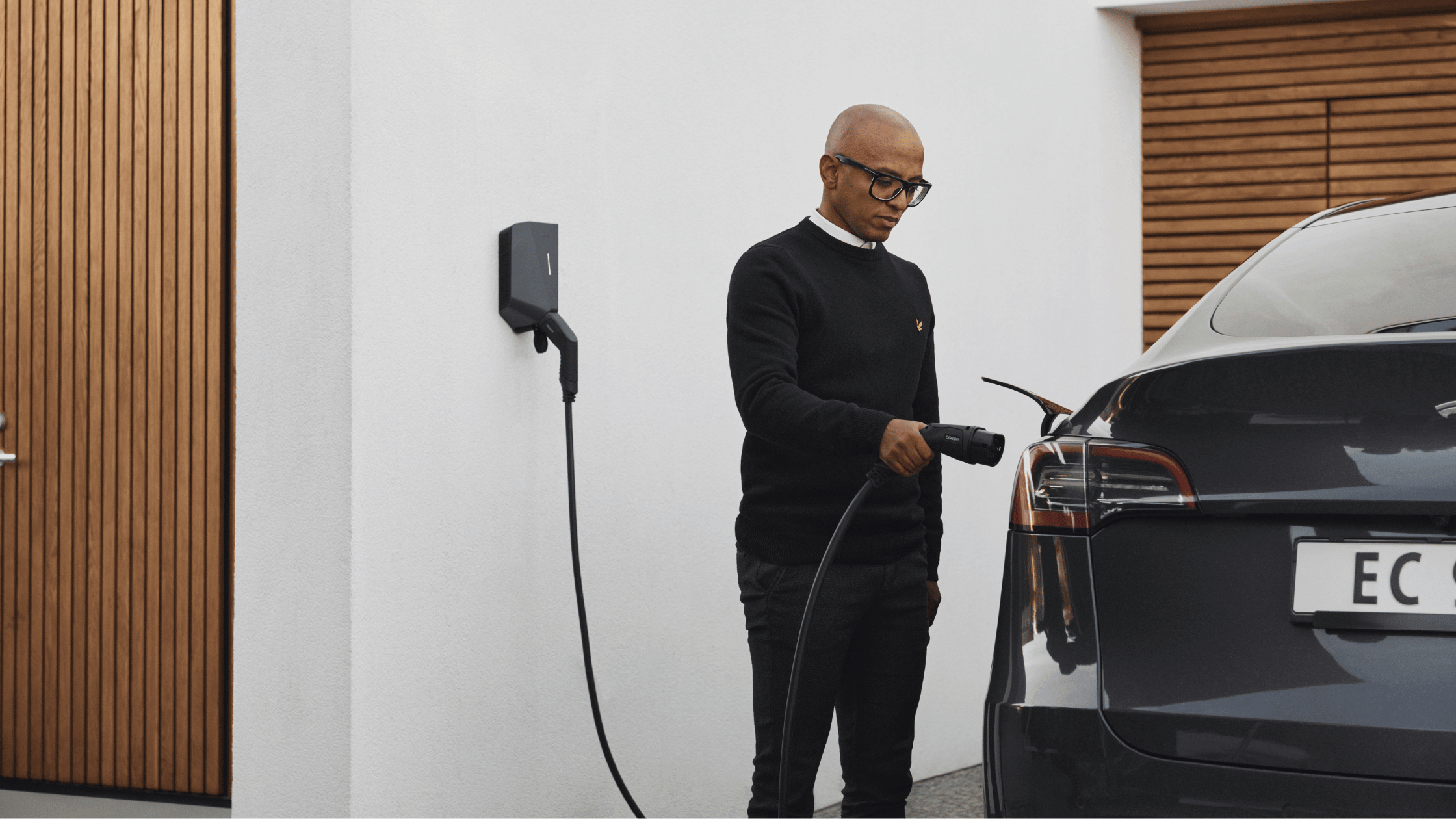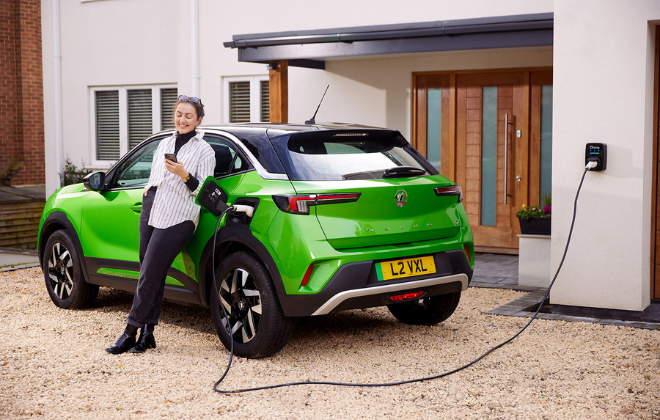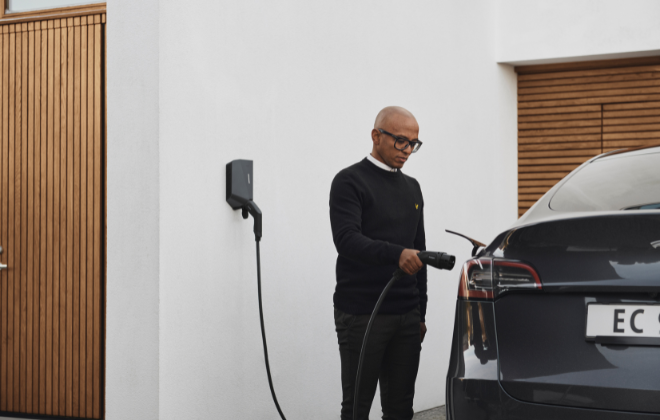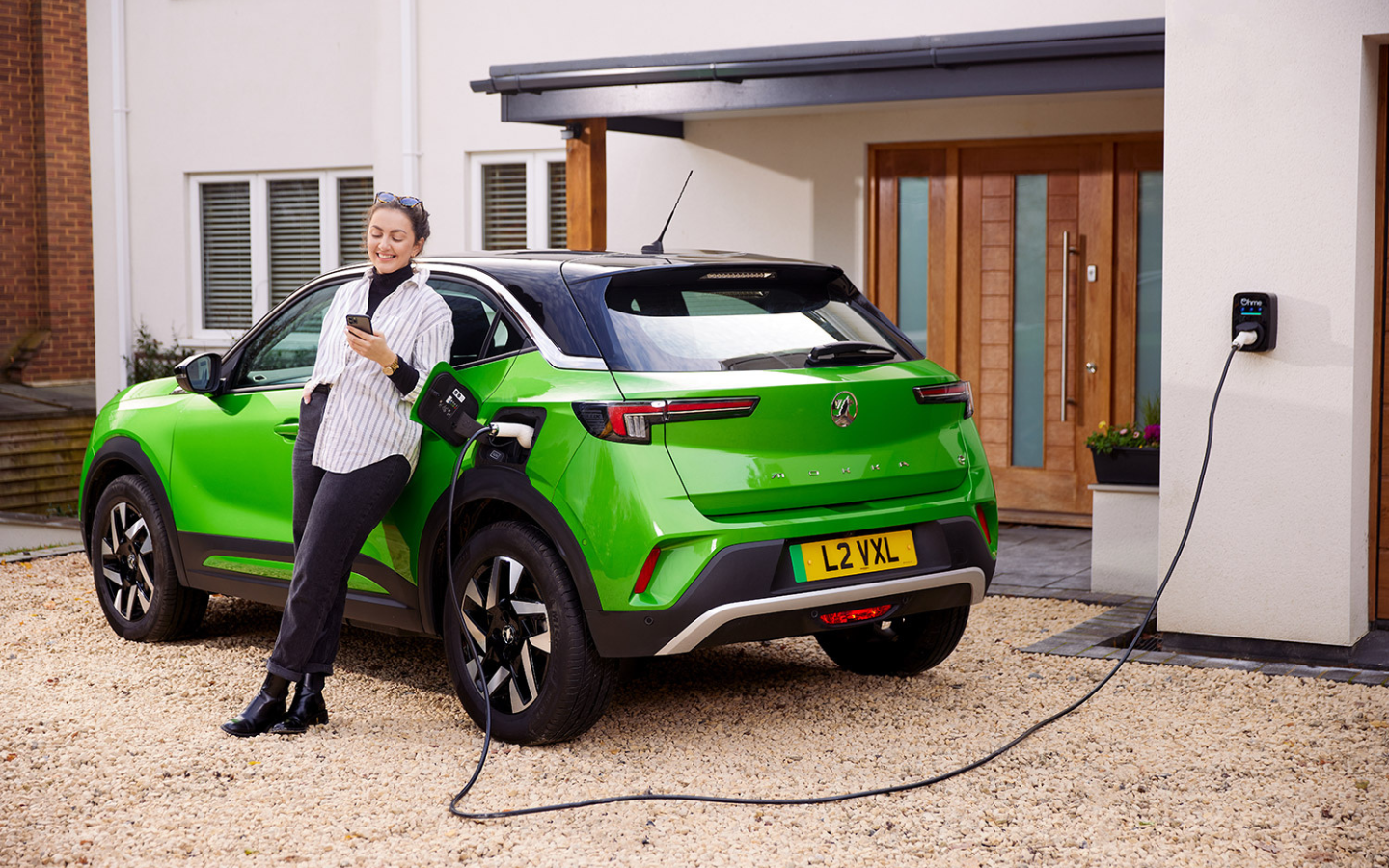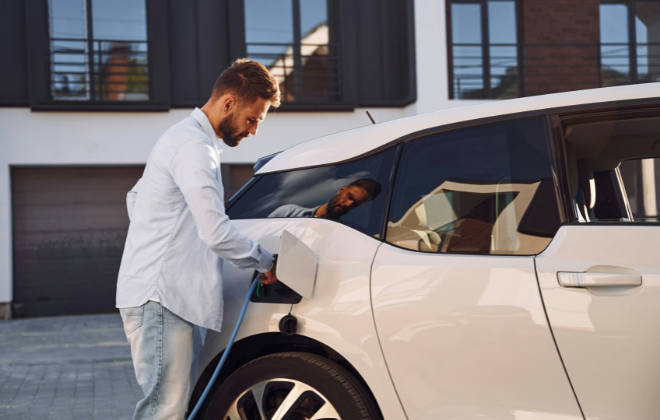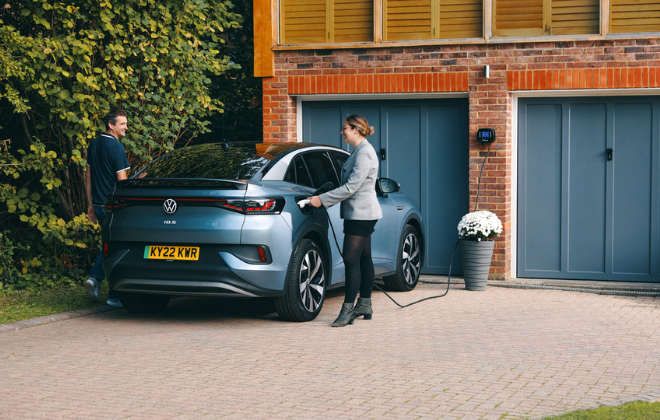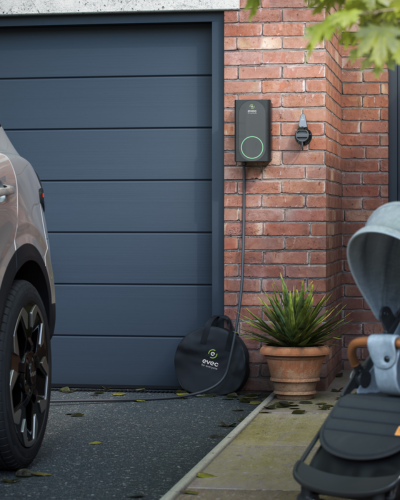
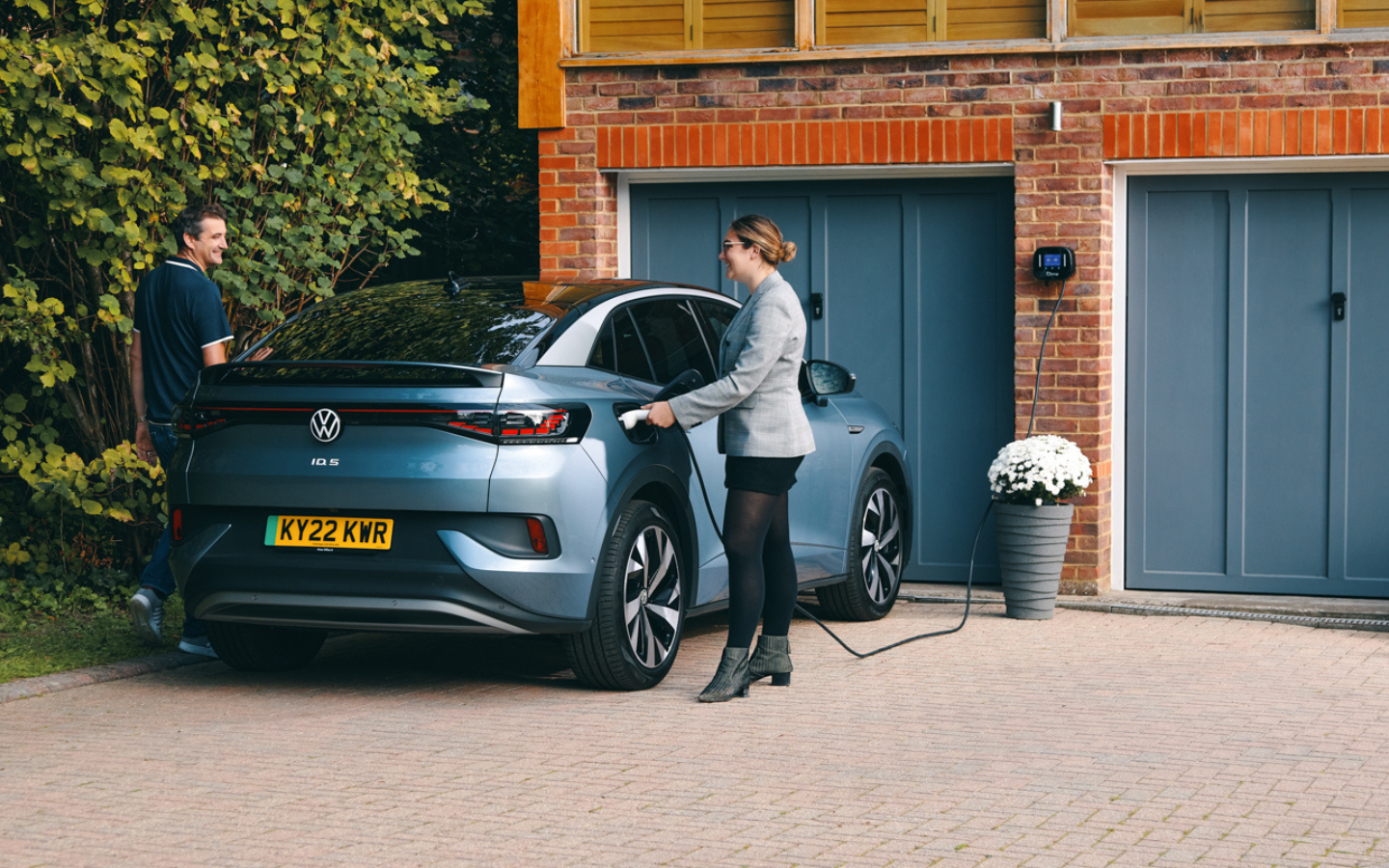
Can I install an EV charger in my garage?
Can I install an EV charger in my garage?
There’s no denying that having an electric car charger in a garage can be a convenient way to charge your electric vehicle at home. And, with the growing number of battery electric cars in the UK—1,145,000 to date—ensuring trouble-free EV charging infrastructure is in place is a necessity.
As a result, installing an EV charger in a garage is not without merit. However, it’s important to be aware that installing an EV charger in a garage can be complicated and expensive, especially if the garage is detached.
With this in mind, there are some factors to consider before choosing to install an EV charger in a garage. Keep reading to learn the pros and cons of installing an EV charger in a garage, how much it costs to install an electric vehicle garage charger, and how to make your final decision.
Can I install an EV charger in a garage?
In short, yes, you can have an EV charger installed in your garage – it’s perfectly possible, not to mention safe and convenient for those who want to avoid adverse weather. But it requires more thought. Typically, garage EV charger installations tend to be more complex compared to installing a home EV charger elsewhere, such as a driveway. However, it depends on your property’s set-up.
Simply put, because garage EV charger installations are usually more complex, they require more work to be undertaken. For this reason, installing an electric car charger in a garage may lead to a higher cost of installation – especially if you would like your EV charger installed in your detached garage.
Should I install my EV charger in my garage?
Now that we have confirmed that you can successfully have an EV charger installed in a garage, we will take you through the pros and cons of doing so. At the end of the day, it’s a personal choice as to whether you have a home EV charger installed in your garage as there are a number of important factors to consider beforehand.
Pros of having an EV charger installed in your garage:
1. Convenience: If you park your electric car in a garage, having your home EV charger installed as close as possible makes logical sense. No longer will you have to visit busy, expensive public charging stations or resort to threading a 3-pin plug charging port EV charger cable under your garage door. Maximum convenience is ensured with a garage home charger as it’s ready for you as soon as you park up.
2. Weather protection: Your home EV charger – and, more importantly, you – are protected from the elements in a garage, making charging your car easier and more comfortable, especially in winter weather or downpours. This is especially the case if you have a socketed EV charger, as it will take time to connect the charging cable to the charger and your EV. That said, EV owners don’t need to worry about weather conditions damaging chargers. A properly installed EV charger will be IP55 as a minimum, which means adverse weather, such as heavy rain or snow, will not damage your charger if it’s installed outside and is safe to use during these conditions – no matter if your EV charger is outside or in a garage.
3. Security: Your electric vehicle and charger are generally more secure in a locked garage, reducing the risk of theft, vandalism, or tampering as it is safely tucked away from prying eyes. Try not to worry about EV charger theft, though. Alternative ways are available to protect your EV charging station and cable from theft.
4. Increased property value: Installing an electric car charger in your garage can increase the resale value of your home, as it appeals to potential buyers with electric vehicles.
Cons of installing a charger in a garage:
1. Upfront cost: Installing an EV charger inside your garage can be expensive, especially if your garage does not have the correct electrical infrastructure, such as a pre-existing consumer unit that can handle the power of your chosen EV (such as 7kW, 11kW or 22kW).
2. Garage access and permissions: If your garage is a shared space, such as if you live in a flat or apartment, it’s likely you will need to acquire permission to be able to have an EV charger in your garage. If you live in a listed building, planning permission will be needed too.
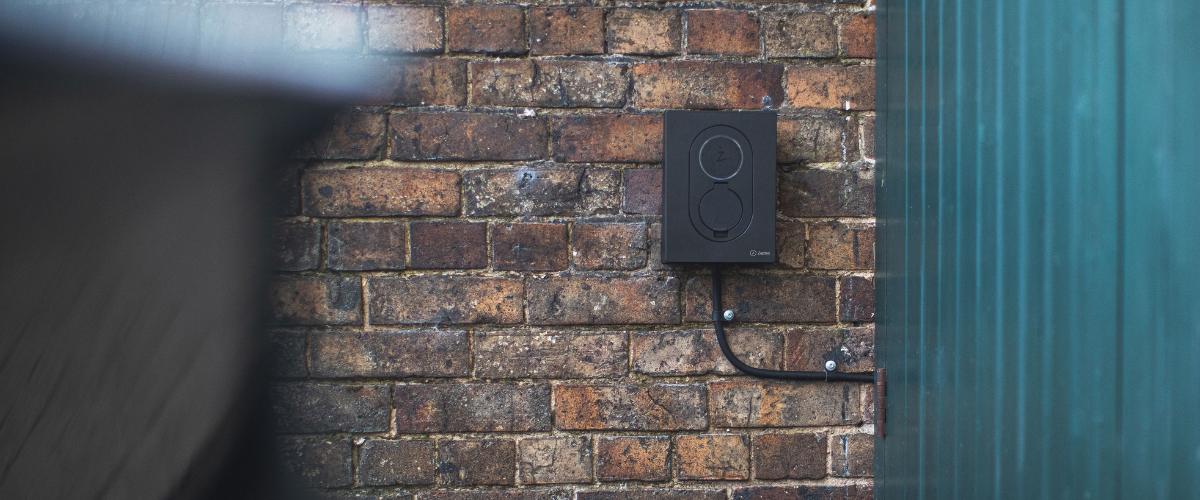
Should I invest in an EV charger in my garage?
Not only are there pros and cons to be considered when installing an EV charger in a garage, but a number of external factors need to be considered before going ahead with a home garage electric car charger to see if it’s worthwhile for you. Let’s get into them:
1. Wi-Fi connection
Legally, there must be a connection between your electric car charger, an app and your EV – usually in the form of Wi-Fi or 4G – for the smart functionality to work.
When considering installing an electric car charger in your garage, it’s crucial to assess how strong and stable your chosen connection form is. For example, if you are interested in a Wi-Fi-enabled home charger, but the Wi-Fi connection does not reach the garage from the router in the house, it’s not a good location for your smart charger, as it will disrupt charging sessions and the consistency of smart features, meaning you could miss out on cheaper and greener EV charging sessions.
A way around this is choosing an alternative connection from a different type of charger. For example, if your Wi-Fi connection isn’t strong enough but there is a viable mobile data connection, you could opt for a home EV charger that operates as such. The Easee One or Ohme Home Pro are notable mentions for EV chargers that use 4G mobile data.
2. Layout of the garage (size, attached or detached garage)
Have a think about where to put the electric car charger in your garage. Is your garage large enough to have an electric car charger installed and use it comfortably?
If your garage is too small, it may not be the right fit to install an EV charger in your garage, as there will not be enough room to manoeuvre, especially if you are plugging and unplugging a charging cable.
On the other hand, if it is too large, you will have to find the best location for your charger in the garage. For example, one that compliments the position of your EV and the route for the cabling. You never know, you may need a longer charging cable to reach your electric car.
Additionally, there is a difference in cost between attached garages and detached garages. With attached garages, it’s easier to drill through walls or find an alternative cable route from the consumer unit in the house, which results in a cheaper installation for you.
On the other hand, if want an EV charger in a detached garage in the UK, the installation will be more complex. The cable route may be longer (the route of the cabling from the consumer unit to the charger location), especially if the distance from your garage and house is significant. The longer the cable route, the higher the installation cost.
3. Is there a pre-existing consumer unit?
As mentioned before, if your garage does not already have an existing consumer unit or if the electricity supply of the pre-existing consumer unit is not large enough, installing your EV charger in the garage will require more work. A new supply to the garage for the EV charger is needed in these scenarios.
With this, the installation cost would increase dramatically because of the extensive works needed. The cable may have to run underground or overhead, and the cable run will likely be over 15m (over the 10m included in the standard installation, which is typically more than enough for most electric car charger installations at home).
Depending on your garage’s configuration, the installation may require running a new consumer unit, which can be complex and costly. The cost can also vary depending on the distance from your consumer unit to the charger location.
4. How much do you want to spend on your electric car charger installation?
Garage electric car charger installations are typically more expensive than a standard installation on your driveway – especially if it is a detached garage. If you are searching for the most cost-effective EV charging solution, you may have to consider installing the home charger elsewhere, such as in your driveway.
That said, a home EV charger can help decrease your charging costs, which means despite the high initial investment, you could save money in the long term. For instance, home EV chargers offering tariff integration sync with your electricity tariff, allowing you to charge at the cheapest prices available to you. Such chargers with this feature include the Ohme Home Pro and Ohme ePod – which can save you up to £600 a year with its smart tariff integration feature.
Using the correct EV charger electrician
To have a safe, compliant electric vehicle charger installation in your garage, you need to ensure that you choose an experienced, accredited and authorised engineer to install your EV charger – otherwise, errors and issues could incur, resulting in faulty and/or non-compliant installations. Cable runs, grounding, and more need to be undertaken by a qualified professional – do not attempt to install a garage EV charger yourself.
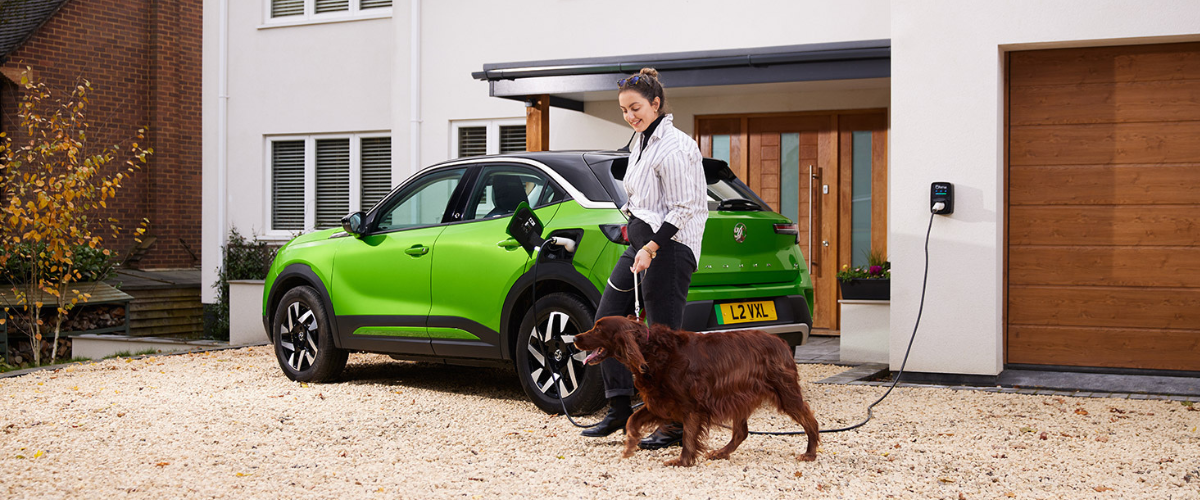
Can I run a cable underneath a garage door from outside?
While technically you can run an EV charger cable underneath a garage door, you shouldn’t. Cables are a significant hazard for others to trip over; the garage door could get stuck, and most importantly, the charging cable could be damaged if squashed.
Ideally, you do not want to leave your garage door open for security reasons, either.
Where is the best location for an EV charger in a garage?
The best place to install an EV charger in a garage is close to your electric car, in addition to being as close to the incoming supply of the property as possible. By positioning the charger this way, it will result in cheaper installation and increased accessibility for you.
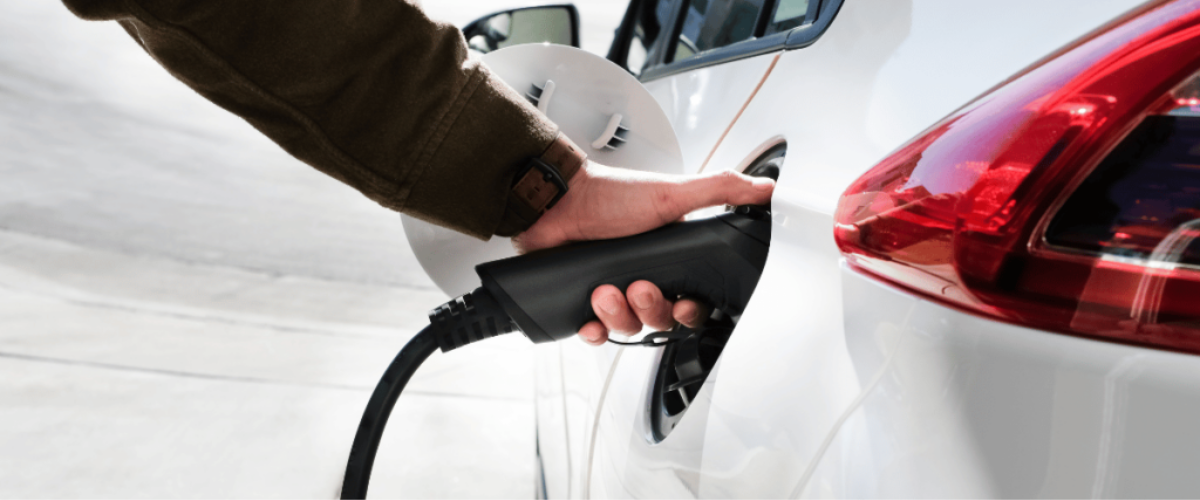
How much does it cost to install an EV charger in a garage?
Giving an exact price is difficult when discussing installing an electric car charging point in your garage because each property is different, which means the complexity of the installation changes. That said, installing an EV charger in an attached garage is easier than a detached garage – with some attached garage installations falling within standard installation packages.
Conclusion:
If you are debating whether to install an EV charger inside or outside garage, and the negatives mentioned outweigh the positives for you, it’s best to consider relocating the charger outside rather than in a garage.
Summary:
To add an EV charger in garage will likely be more costly and complex than other locations, but it depends on your property type. That said, if convenience is your main priority you should go ahead with the electric car garage charger installation. On the other hand, if your garage is located quite a distance away from your house and are concerned about price, opt for a different charger location, such as on your driveway, as it will likely be cheaper.
Interested in having an EV charge point installed in your garage?
Charge an electric car with a dedicated EV charger and it will save you money with advanced smart features, such as charge scheduling. Whether you are interested in a garage EV charger or a standard installation, you can expect cheaper, greener and more convenient charging sessions. If you want a home EV charger installation, click below to get your free quote, or contact us for more information or any queries you may have.
At We Power Your Car, we handle the entire installation process on your behalf, from helping you choose the type of charger to post-installation support. Whether you have on-street parking or off-street parking, or interested in a garage EV charger installation, we have solutions for all your EV charging requirements.
Follow us on Facebook, Instagram, Twitter, LinkedIn and YouTube.
related articles_
Stay up to date on the latest from We Power Your Car_
I consent to receive newsletters from We Power Your Car. Please see our Privacy Policy
